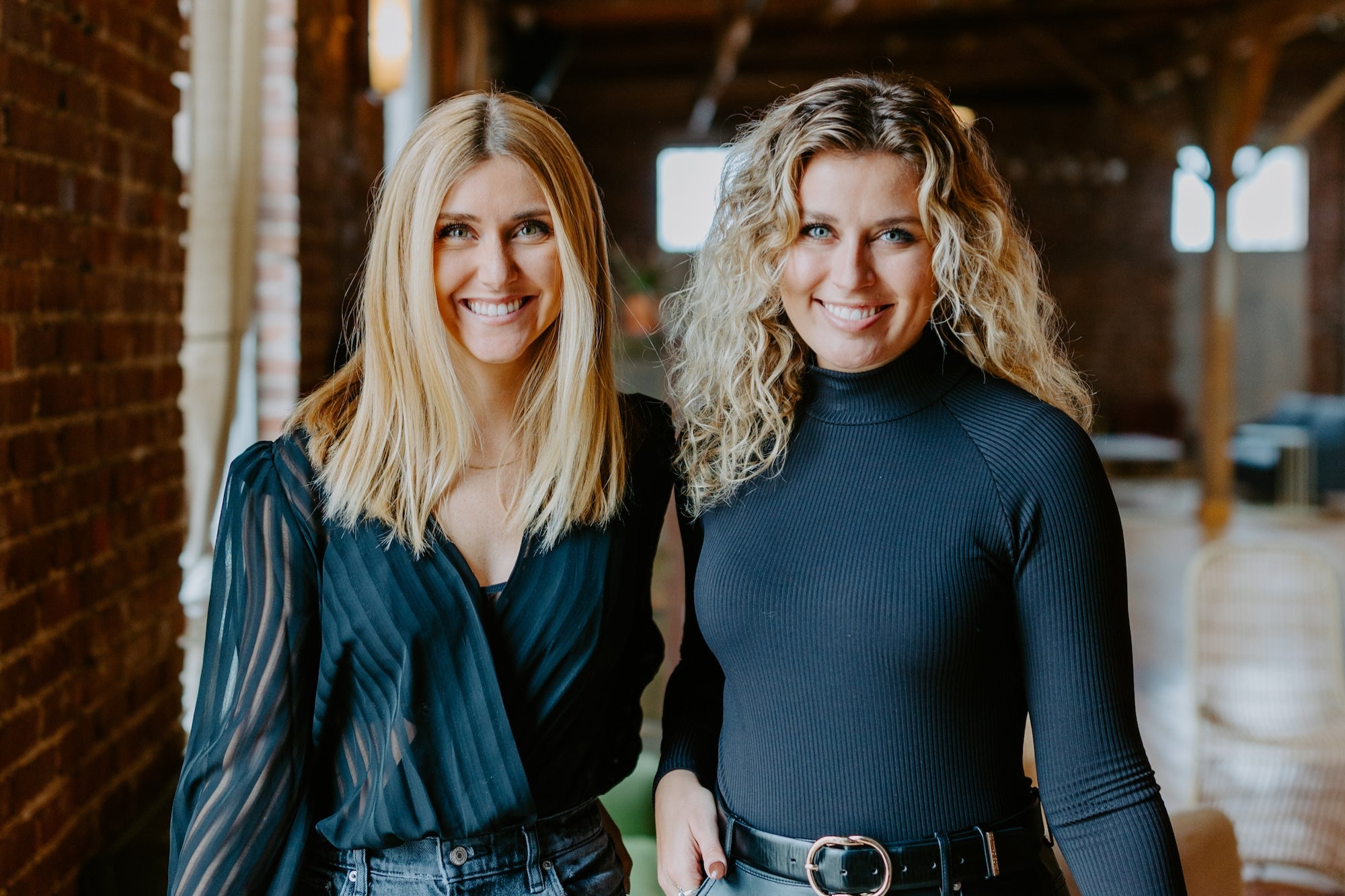How Can Small Business Benefit From Big Data Big Data is about using information to make smarter business decisions.
By Vinil Ramdev •
Opinions expressed by Entrepreneur contributors are their own.
You're reading Entrepreneur India, an international franchise of Entrepreneur Media.
If you are in business, you must have heard of the term Big Data. It's been around for a long time now, and it's one of the most trending phrases in the world of business.
Back in the days before the internet, when a business placed an ad in a newspaper or television, it was hard to track sales and conversions. It was also hard to tell how many people actually saw the ad. The internet has changed all of that. We now have terms like page views, unique visitors etc,
Businesses collect thousands of packets of data on a daily basis. Big Data is about using this information to make smarter business decisions. It's about making sense of all the information that is collected on a daily basis.
A lot of small businesses owners make decisions based on intuition and instinct. These are both admirable qualities in a person, but what if you could tell exactly which day of the week has the highest email open rate, the features in your product that customers are most willing to pay for, and the exact price point that drives sales.
All this is valuable information. Many times, they are driven by intuition but it doesn't have to be that way. Several businesses – large and small – are using big data to improve their product quality, make their marketing more relevant to their customers, and build stronger relationships with their customers.
Now, how can a small business make a start?
#1 Identify the critical pieces of information that is most relevant to your business
The biggest challenge for a small business is to know where to start and what sort of information is most relevant to their enterprise.
I believe that less is sometimes more. The best place to start is to prepare a questionnaire of five to six critical pieces of information that is most relevant to your business.
In my business, I like to identify information that can increase my bottom line, which means data that can help me increase my revenues and cut down costs.
For example, we realized that although more men visited our website, a greater percentage of women were purchasers. Also, ticket sales for our event were the highest in the last 2 weeks before an event, and sales happened mostly at around 9 am or towards the evening at 6 pm.
So for our events business, the critical pieces of information were – which months of the year is most suitable for an event, which day of the week works best, when do people generally purchase a ticket etc.
#2 Analyze technology requirements
John Smith, CEO of Remote DBA says "Small businesses have the same amount of access to big data as large enterprises. There is no reason why big data cannot be leveraged for small business."
While analyzing technology needs, it's important to analyze its simplicity and flexibility. Sometimes, the technology provides a lot of information but it's difficult to use and businesses end up not using any of the information.
Get your team involved while choosing the right technology, and make big data analytics a mindset throughout your organization. There are tools right from managing people to analyzing trends and patterns in your marketing campaigns. Start by identifying the ones you really need.
#3 Cost vs Revenue + Savings
Sometimes a new process comes with a cost. Does the cost justify the benefits?
I like to analyze costs against the benefits in savings and revenues. A certain technology should give us information that can save us time and money, and increase our revenues.
Going from a mindset driven by intuition to one that is driven by analysis might require some time and practice. With consistent deliberate systems in place, small business can make this transition.













